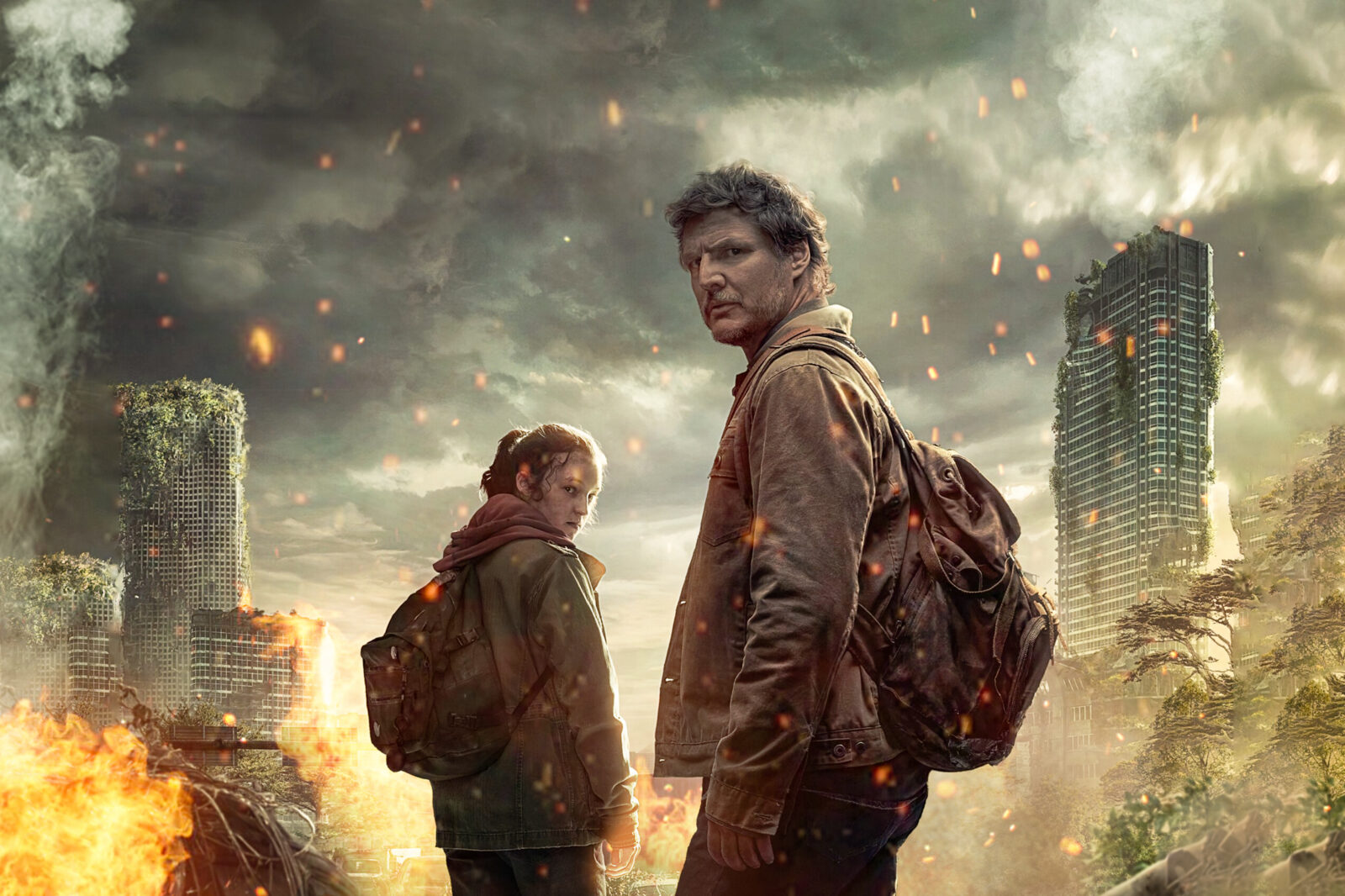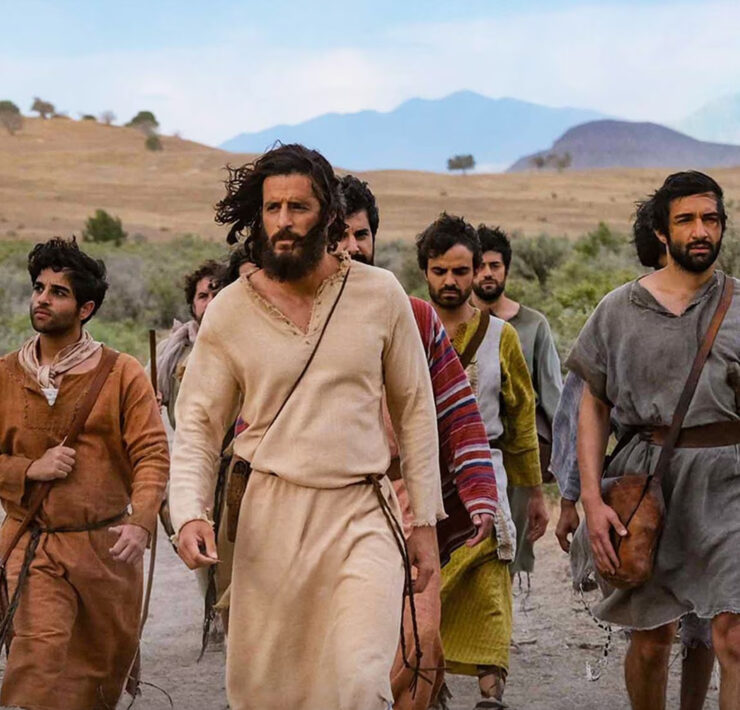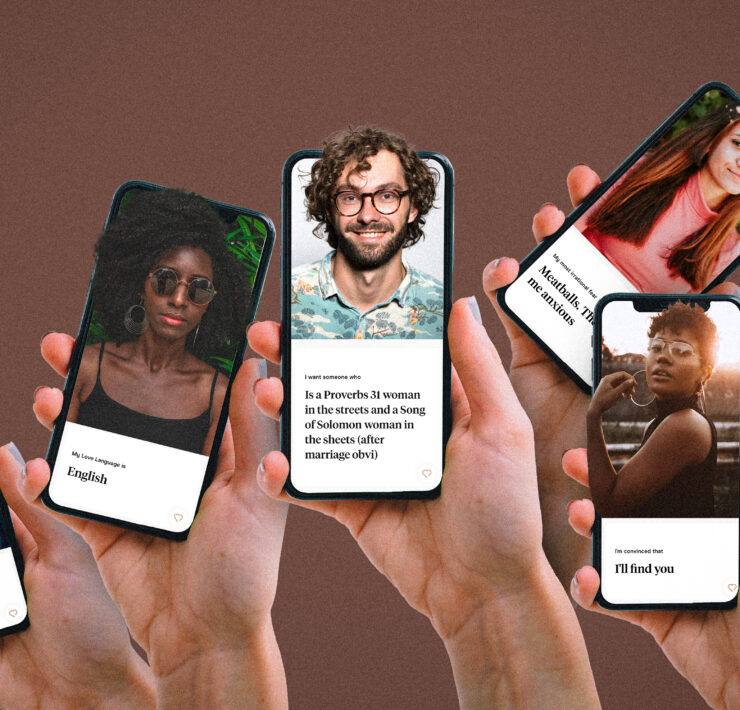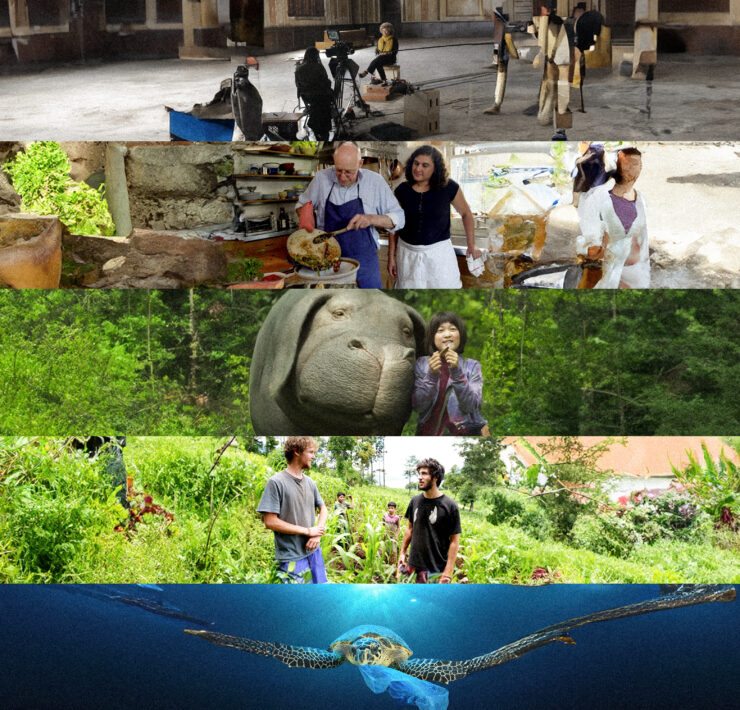Do you think things in our world are getting better or worse?
Let me give some context to the question, or at least a timeframe: Do you think our world will be a better place a decade from now? How about a century? Or a millennium?
Looking at our most popular movies and shows, it seems that we have a pretty negative outlook on the future of humanity.
This Sunday, HBO debuts The Last of Us, a series takes place 20 years after modern civilization has been destroyed. Pedro Pascal plays a hardened survivor hired to smuggle a 14-year-old girl out of an oppressive quarantine zone. What starts as a small job soon becomes a brutal and heartbreaking journey as they both must traverse the U.S. and depend on each other for survival.
The show is part of a huge trend over the last decade: Entertainment showing life at, or after, the end of the world.
Don’t Look Up shows a society that’s so self-absorbed it’s clueless that the world is about to be destroyed. Fear The Walking Dead and Mad Max envision a world where survival is brutally difficult because the world is a wasteland. Even a comedy series like Last Man on Earth saw a world ravaged by a deadly virus that kills everybody. Well, (spoiler) mostly everybody (friggin’ Todd). The 100 and You, Me and the End of the World see the age of humanity ending in variously terrible ways.
We don’t really see any apocalyptic shows or movies where our world ended up in a good place.
Don’t get me wrong, I’m not hating on these shows. I thought Don’t Look Up was brilliant and Last Man on Earth is one of my favorite show of the last five years.
But the theme is similar: in the future, things have gone terribly wrong (one way or another) and now human civilization lives in this Hobbesian reality where survival is the only real goal for people who are fighting to exist.
But here’s the thing: there are other indicators that show we don’t really believe this nightmarish post-apocalyptic world is a foregone conclusion.
When a shooting happens—at a school, a movie theater or on news cameras—we are still shocked and dismayed. If we believed this world was inevitably heading for Hell in a handbasket, we should simply shrug our shoulders and say, “Oh well. That’s all we can expect.”
Instead, we want answers on how to avoid these occurrences the next time. We turn to our political systems and look for answers and leadership. We want to make sure it will never happen again. We expect the CDC and NIH to develop vaccines for potential pandemics like ebola.
This is where I feel that we have cognitive dissonance. We seem think that in the long term, things are going to go badly; but at the same time, we think that things can and should get better.
I believe we need to pick one or the other. Either “things can get better,” or “abandon hope all you who enter here.”
In the past, the Church often took the latter stance. The sales pitch has been, “This world is awful, but one day we’ll get to Heaven and it’ll be OK.” Hymns like I’ll Fly Away reflect this kind of escapism mentality.
When I started to read N.T. Wright a number of years ago (specifically, Surprised by Hope), I discovered that I didn’t need to choose the path of negative eschatology. God is recreating this world. Revelation 21 points to a day that the heavens and earth are renewed and they exist in harmony with one another.
That truth means that what we do in this life makes a difference. It prepares the arrival of the Kingdom. God is conducting a train, and He has invited us to lay down the tracks for His arrival.
We can make things better now by praying the prayer in Matthew 6:10, “Your Kingdom come, Your will be done” and then bringing our actions into line with our prayer.
And we know the end of the story. It is one of hope and redemption and renewal. All the wrongs are set to rights. No more tears or pain or death.
Now that’s a future I can get behind. That’s a future that lets me look at tragedy today and say, “No. I will not stand idly by and allow this.”
That’s a future which gives value to working for peace today. Not even friggin Todd could argue with that.
Here are some things we can do to introduce a better story about tomorrow into our society’s conversations:
Know the Story of Hope
Humans seem to be inherently wired to love storytelling. If you want to give people a reason to have hope in the midst of mass shootings, terrorism, war, viruses, economic depression, etc, you better have a story to go with it. In my opinion, “it’ll get better after you’re dead” isn’t a very good story.
Learning more about the renewal of heaven and earth promised by God in Revelation 21 and Isaiah 65 and the part we can play in that process here and now can give you a story worth telling and hearing.
In addition to reading the biblical narrative, the book I mentioned earlier, Surprised by Hope is a fantastic resource for seeing this story. The Great Divorce by C.S. Lewis is a brilliant and intriguing narrative about what Jesus invites us into when He opens the Kingdom of God to us.
Talk about Why You Have Hope
Jesus loved to celebrate God’s Kingdom with, as Wright says in several books, “all the wrong people.”
Rather than saying “stop sinning or else,” His ministry frequently seemed to announce “stop sinning because there’s something way better available to you.”
The negative future view of the Church has sometimes led to evangelism through tracts and bullhorns warning people of the fires of hell. That’s not a very appealing story.
When you’re in a conversation about a mass shooting or some other tragedy, don’t shake your head and shrug your shoulders. Don’t talk about how heaven needed some more angels or how God’s plans are mysterious.
Talk about why you don’t think we should lose hope. That God is going to set all the wrongs to right, and that we’re involved right now.
There’s a party that’s going to happen, and we don’t have to get ourselves to the party, because it’s coming to us.
I think that’s a story that anybody would be interested to learn more about.
























